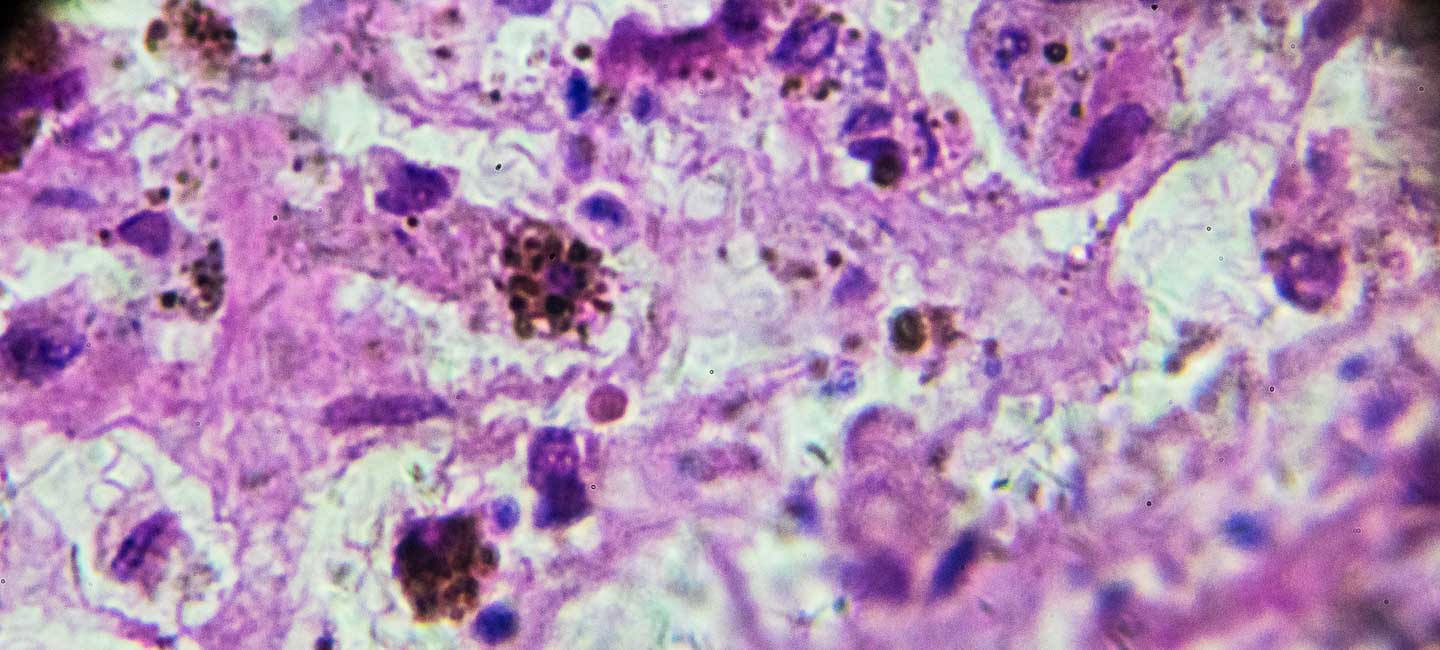Multiple Skin Cancers Could Indicate Higher Risks for Other Cancers
A recent study that suggests multiple occurrences of common skin cancers may indicate an increased risk for other cancers is the latest to debunk the myth of a “healthy tan,” according to Dr. Vernon Sondak, who leads the Cutaneous Oncology Department at Moffitt Cancer Center.
Researchers at Stanford University found the heightened risk among patients who'd had many bouts of basal cell carcinoma (BCC) – a highly treatable form of skin cancer that is diagnosed in more than three million Americans each year.
The findings are important, but not surprising, Sondak said. “Many other studies have shown the same thing.”
It has long been thought that the skin can serve as an indicator that a person is relatively more vulnerable to DNA damage not only from the sun’s UV radiation but from a variety of exposures. The suggestion is that the same underlying biology that makes some people more vulnerable to DNA damage from UV radiation makes them more susceptible to other cancers.
The study, which was published in the journal JCI Insight, analyzed the DNA of 61 patients with multiple basal cell carcinomas. More than one-third of these patients had a history of other cancers as well. Among those with at least six diagnoses of BCC, the risks of blood, breast, colon and prostate cancers were roughly three- to six-times higher than the norm for Americans of the same age and race, the study authors reported.
The researchers found 20 percent of the patients had mutations in genes that help repair DNA damage in body cells. Cancer arises when abnormal cells grow and spread unchecked. That 20 percent figure is much higher than the 3 percent seen in the general population.
“Although this study looked only at patients with multiple basal cell cancer, with even one skin cancer of any sort they are at increased risk of getting other skin cancers and should monitor their skin closely and see a dermatologist or other medical professional regularly,” Sondak said. “Vitamin D may be important to health, but it should be supplemented through pills and not UV exposure, which is an unreliable and dangerous way to increase your vitamin D levels.”



